
The University of Queensland Global Change Institute (GCI)
The University of Queensland Global Change Institute (GCI) is an independent source of innovative research, ideas and advice for addressing the challenges of a changing world. Established in 2010, GCI's research activities draw on the expertise and constituent parts of UQ's world-class schools, institutes, faculties and centres. Their projects work to address the impacts of climate change, technological innovation and population growth. GCI supported Carbon101x’s practical approach to carbon management and has been a part of similar training resources in the past, including the facilitator-lead “Carbon Game”, which inspired this MOOC.
More info at www.gci.uq.edu.au/about-gci.

The University of Queensland School of Earth and Environmental Sciences
The School of Earth and Environmental Sciences is interdisciplinary in nature and has strength in the areas of geological and geographical science, environmental management, coastal processes, urban planning, and safety science. Staff are recognised as experts in their field and conduct a range of pure and applied research with strong links to industry, government and university partners. Our multidisciplinary teams of earth scientists, physical and social scientists, environmental management specialists, health and safety experts, and urban planners work together to generate new knowledge and opportunities for further discovery. We focus on practical solutions to big issues such as resources and energy, climate change, urbanisation, population growth, conservation, and sustainability. More info at www.sees.uq.edu.au.
Guest Lecturers
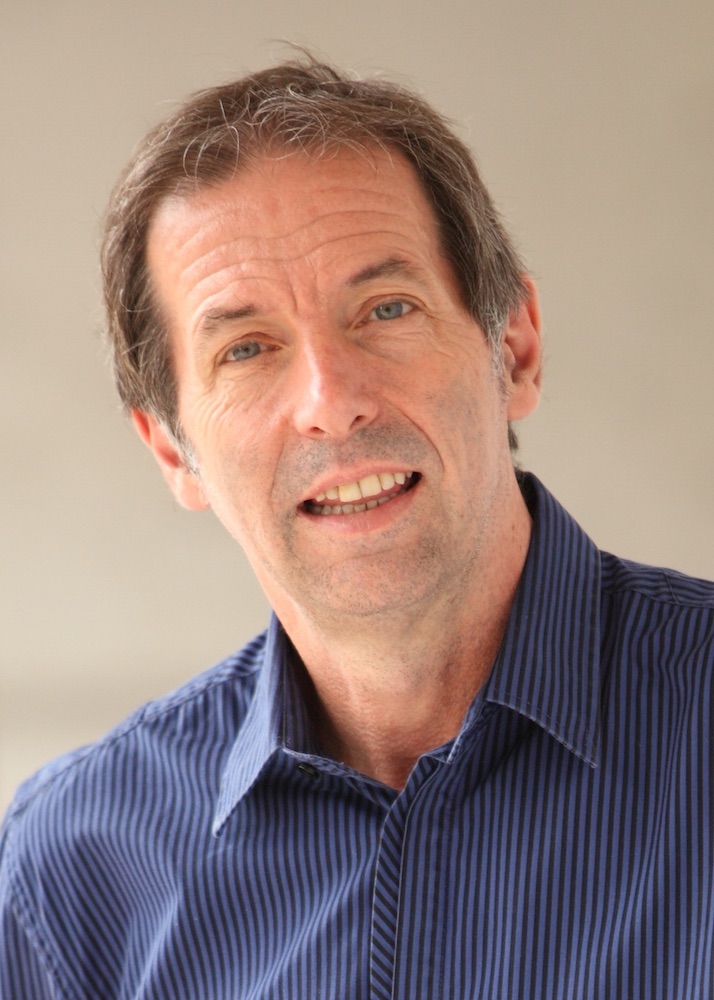
Professor John Quiggin
Australian Laureate Fellow in Economics, The University of Queensland
John Quiggin is an Australian Laureate Fellow in Economics at The University of Queensland. He is prominent both as a research economist and as a commentator on Australian economic policy. A prolific author, he has produced over 1,500 publications (including six books and over 200 refereed journal articles) in fields including decision theory, environmental economics, production economics, and the theory of economic growth. He has also written on policy topics including climate change, micro-economic reform, privatisation, and employment policy. In addition to his scholarly contributions, John actively engages in public debate about policy issues through his blog, news articles, and other online media. More info at http://johnquiggin.com/.
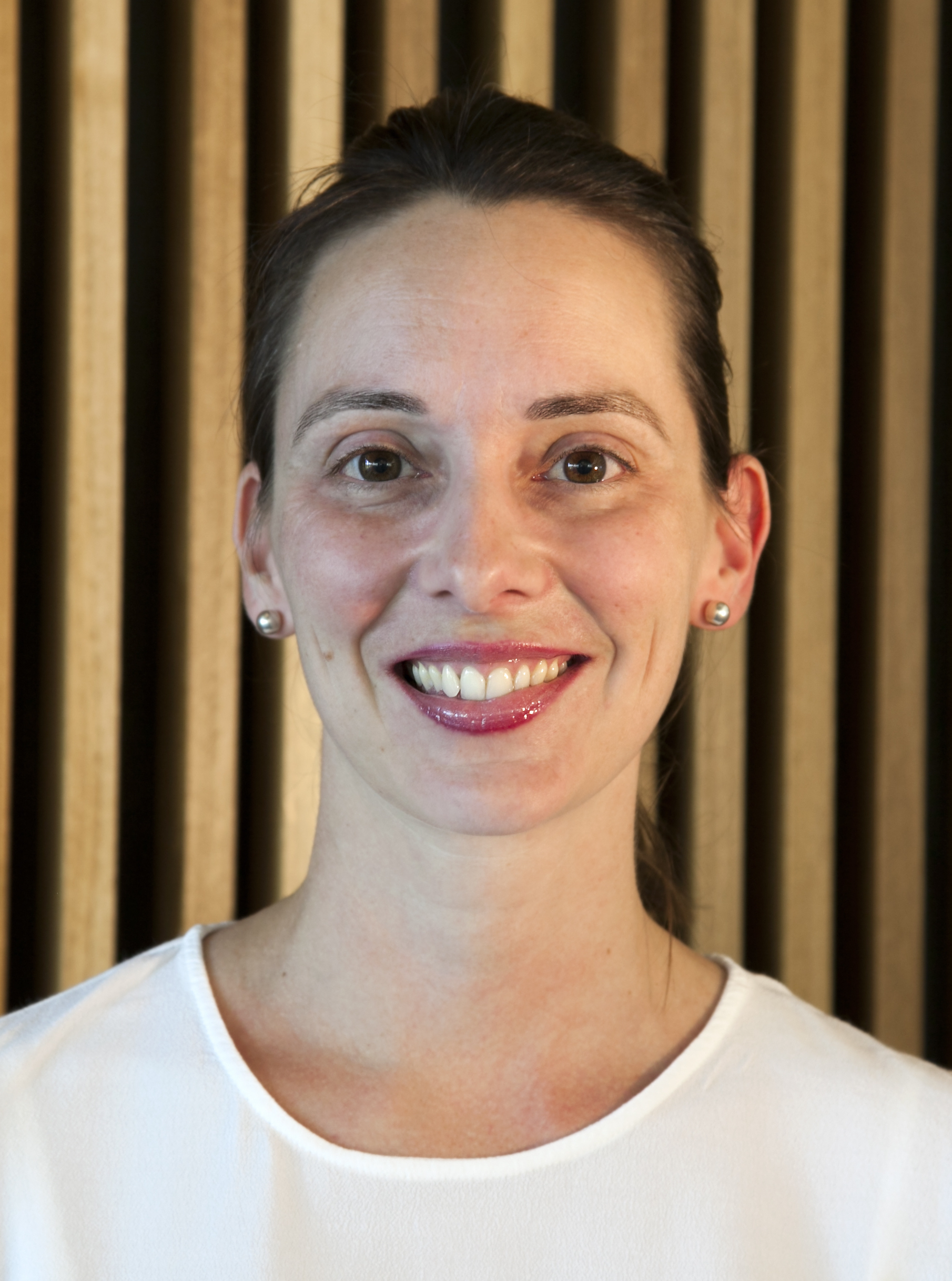 Belinda Wade
Belinda Wade
Carbon Management, The University of Queensland
Belinda is a researcher at the UQ Business School focusing on sustainability, energy reform and capabilities to decarbonise organisations. Her doctoral research examines best practice carbon management. Belinda has 15 years of industry experience working with leading energy utilities in the areas of energy trading, including tradable environmental products, and sustainability planning. Belinda is interested in continuing her research into approaches that create greater decarbonising progress and adaptation in companies affected by climate related market change. More info at www.business.uq.edu.au/staff/belinda-wade.
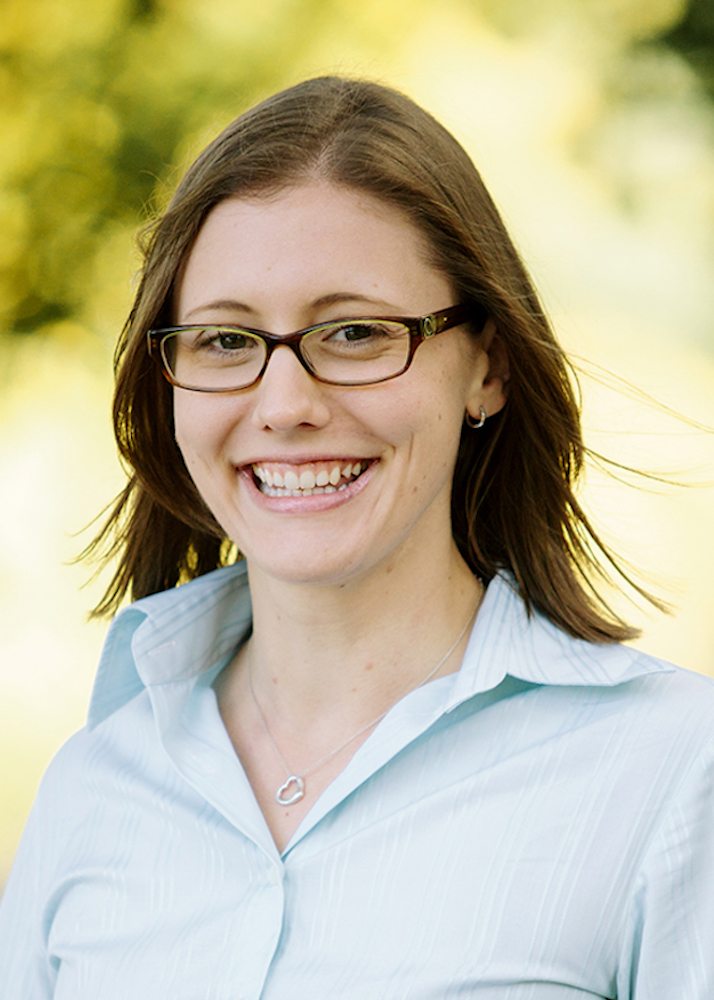 Dr. Justine Bell-James
Dr. Justine Bell-James
International Climate Law, The University of Queensland
Justine is a Lecturer at the TC Beirne School of Law, teaching undergraduate and postgraduate courses in the areas of environmental law and property law. Justine undertook her postdoctoral research at the Global Change Institute at The University of Queensland, focussing on legal, policy and insurance responses to coastal hazards and sea-level rise. Justine's research focuses on legal mechanisms for protection of the coast, drawing upon environmental, planning, property and tort law. In addition to her work on sea-level rise, Justine is also particularly interested in novel legal mechanisms for protection of coastal ecosystems like mangroves and seagrass, protection of the Great Barrier Reef, and biodiversity offsets in the coastal context. More info at http://researchers.uq.edu.au/researcher/2216 .
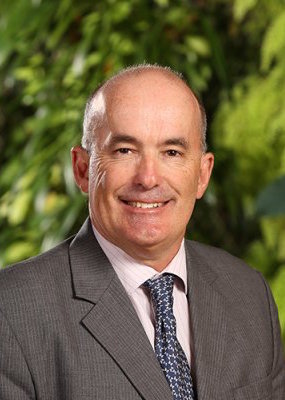 Professor Ove Hoegh-Guldberg
Professor Ove Hoegh-Guldberg
Director, Global Change Institute
Ove Hoegh-Guldberg is the Director of the Global Change Institute and Professor of Marine Science at The University of Queensland in Brisbane, Australia. Ove’s research focuses on the biology of coral reefs, particularly impacts of climate change and ocean acidification. In addition to publishing over 300 publications, Prof Hoegh-Guldberg leads a major research group and has started innovative education programs such as Stanford Australia. He is the Coordinating Lead Author for the ‘Oceans’ chapter for the fifth assessment report of the Intergovernmental Panel on Climate Change. He was awarded the Eureka Prize for his scientific research in 1999 and is currently an ARC Laureate (2013-2018). More info at gci.uq.edu.au/professor-ove-hoegh-guldberg.
Case Studies

UnitingCare Queensland
UnitingCare Queensland (UCQ) is the largest health and community services provider in Queensland, Australia. The organisation’s 15,000 staff and more than 9,000 volunteers support many thousands of Queenslanders each day, with services such as hospitals, disability and aged care, community housing and crisis support. UCQ operates over 450 sites including 4 private hospitals, and its vehicle fleet drives over 32 million kilometres per year to provide care. Environmental sustainability is an important part of operational and business efficiency at UCQ; the organisation has embarked on a range of eco-efficiency initiatives across the organisation to reduce consumption of energy, waste, water and fuel, thereby reducing costs. These cost savings allow for reinvestment into further improvements to increase and improve service provision across Queensland. More info at unitingcareqld.com.au/about-us/who-we-are.
Judene Andrews, Manager of Sustainability at UCQ, shared insights about UCQ’s sustainability journey in this case study.
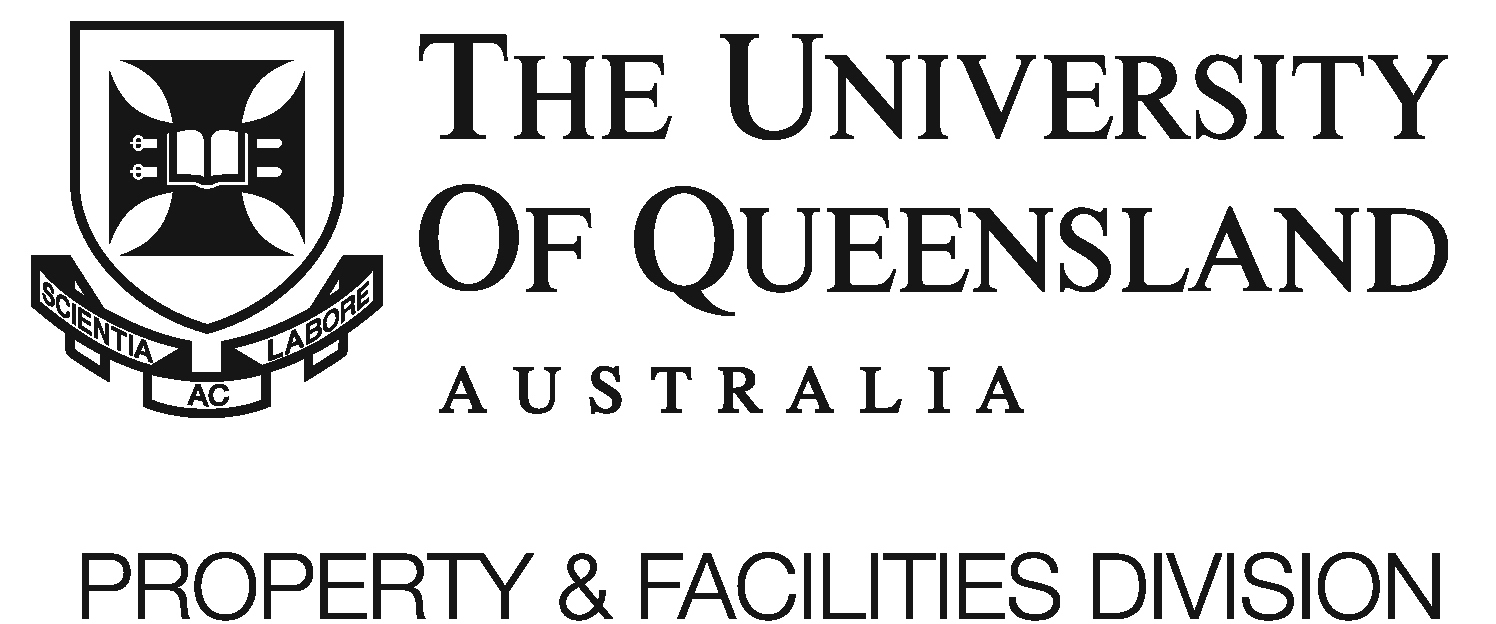
The University of Queensland
The University of Queensland (UQ) is one of Australia’s leading research and teaching institutions. UQ strives for excellence through the creation, preservation, transfer and application of knowledge, and works to embed sustainability across all aspects of learning, discovery, engagement and operations. The Properties and Facilities division of UQ delivers comprehensive facilities management to support the University's teaching and research goals, and its environmental and strategic objectives. Core duties include service delivery, risk management, customer service, and resource and systems management. UQ Properties and Facilities is charged with living up to the high standards of sustainability demanded of a world-class institution. They strive to minimise energy consumption and greenhouse gas emissions through efficient operational control, innovative research trials, and by promoting energy awareness to the University community. More info at uq.edu.au/sustainability.
Andrew Wilson, Manager of Energy and Sustainability at UQ, discusses UQ’s carbon management goals, initiatives and achievements in this case study.

Jingeri Farm
Jingeri Farm’s mission is to make environmental stewardship and holistic land management profitable, with a goal of commercialising both cattle and conservation. The property ‘Jingeri’, formerly a scrub dairy known as Grandepilly, encompasses 918 acres and is today used for cattle fattening and breeding. Jingeri is a unique mix of quality grazing areas combined with relatively intact remnant environmental areas located in the hills and escarpments of the farm. Currently, Jingeri stocks up to 100 head of cattle, with plans to further improve stocking rates through rotational grazing, enhanced soil health and biology, and further improvements to both native and introduced pastures. More info at www.jingeri.com.
Tracy Finnegan, co-owner of Jingeri Farm, shares the benefits of and methods behind her carbon management philosophy in this case study.
Content designers
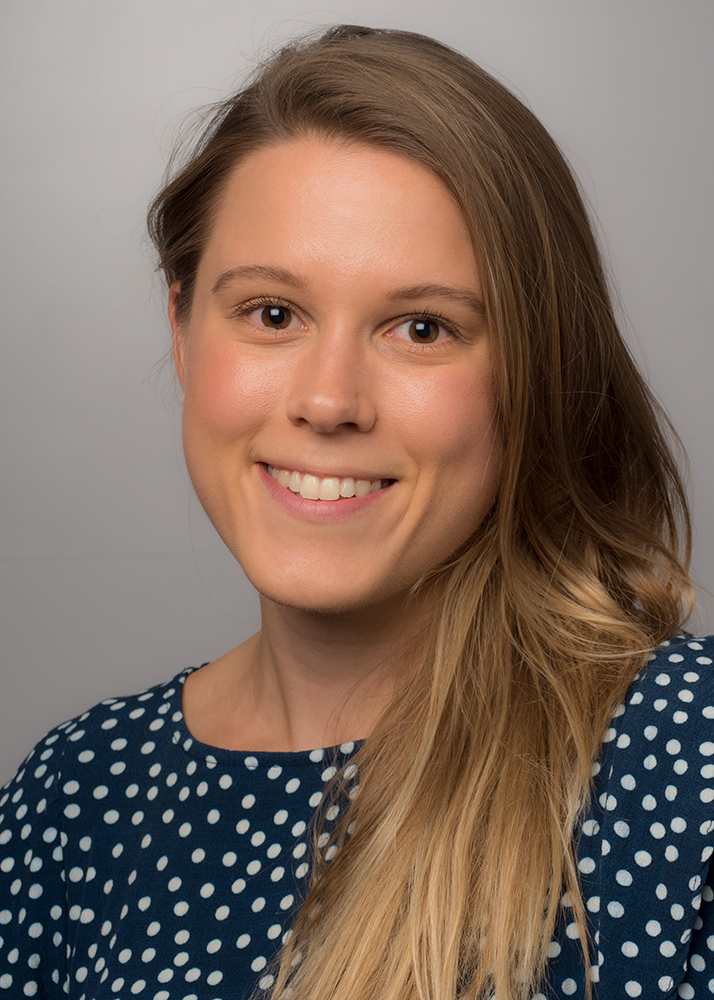 Amanda Hansson
Amanda Hansson
Amanda has a Bachelor of Science in Geology and Climatology from University of Gothenburg, Sweden. As a geologist, Amanda started working in the mining industry, where she had the position of production geologist in an iron ore mine in the Norwegian Arctic. She is currently undertaking her Master’s degree in Environmental Management at The University of Queensland, where she majors in Sustainable Development. Her main passion is in climate change science, where she hopes to help answer the question of how we can achieve a sustainable future for everyone.
Amanda made significant contributions to Carbon101x. She sourced and collated information for the Carbon101x Policy Map and Climate Change Impact Explorer, researched and drafted scripts, and helped to develop the carbon footprint and MACC practical activities.
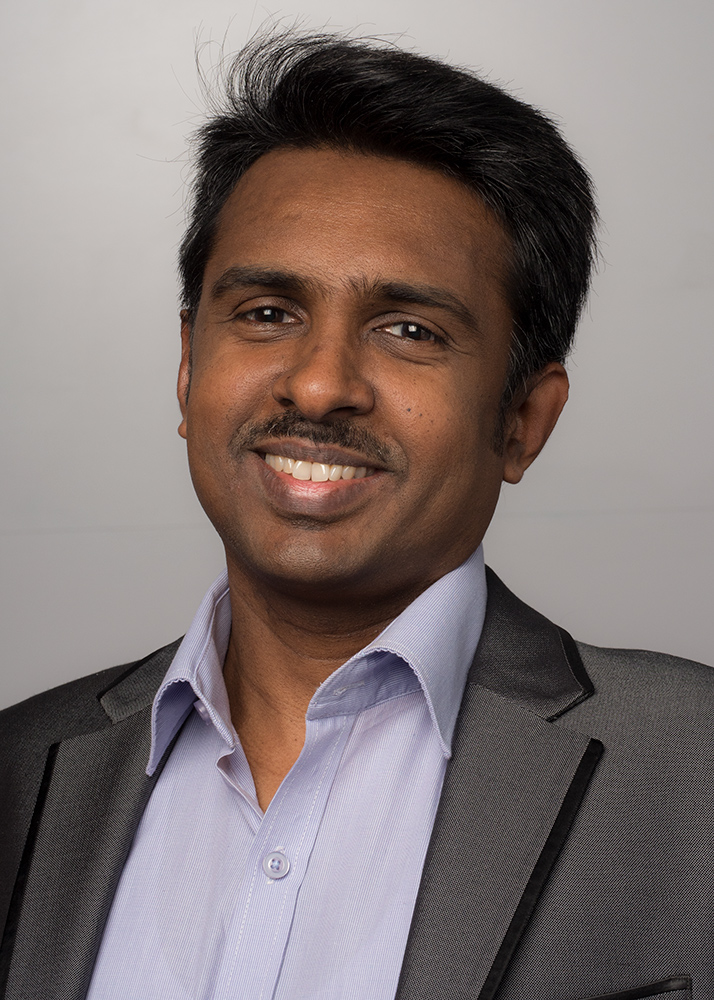 Daminda Athapathtu
Daminda Athapathtu
Daminda is a mechanical engineer by profession, with more than 12 years of industrial work experience in various positions. Most recently, he was working as the group sustainability engineer in a reputed multinational company in Sri Lanka. Daminda received his Bachelor of Science of Engineering degree from The University of Peradeniya, Sri Lanka. Currently, he is undertaking a Master of Engineering Science (Management) at The University of Queensland. His professional interests focus on the areas of sustainable manufacturing, renewable energy, and energy efficiency improvement.
Daminda researched and collated data for the Carbon101x Climate Change Impact Explorer.
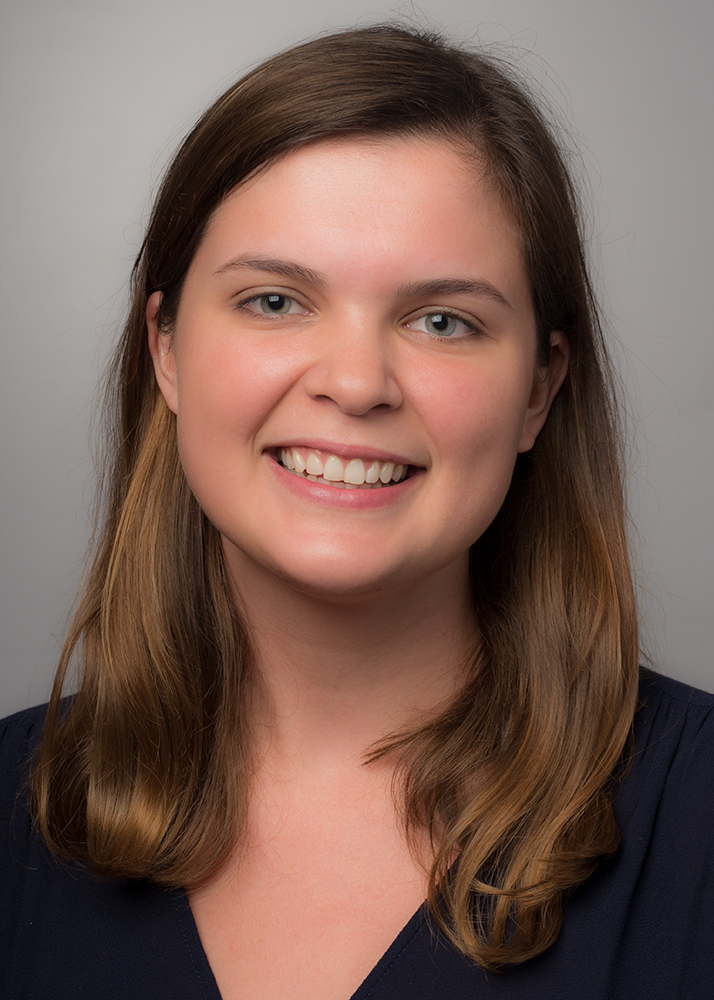 Amelie Groves
Amelie Groves
Amelie has recently graduated from a dual bachelor degree of Economics (m. natural resources and environments) and Business Management (m. sustainability) at The University of Queensland. She has experience in the not-for-profit sector through roles at the Great Barrier Reef Foundation and the Oxley Creek Catchment Association. She is passionate about renewable energy, climate policy and carbon management and hopes to work in the renewable energy sector.
Amelie researched and collated information for the Carbon101x Policy Map.